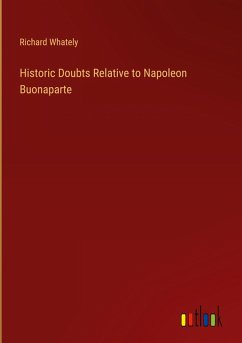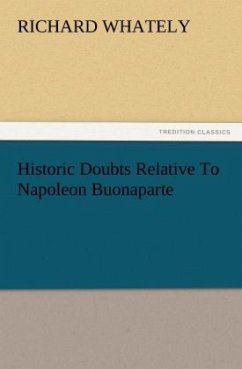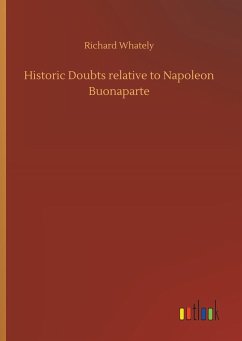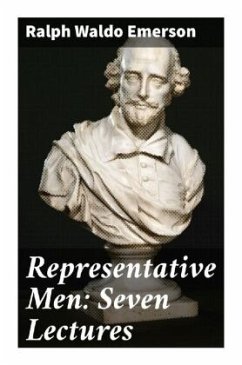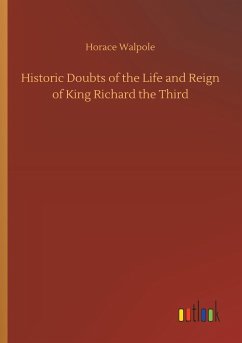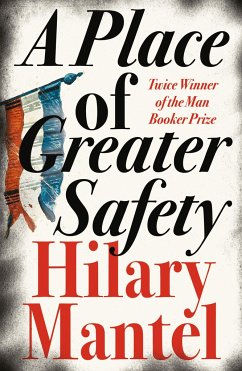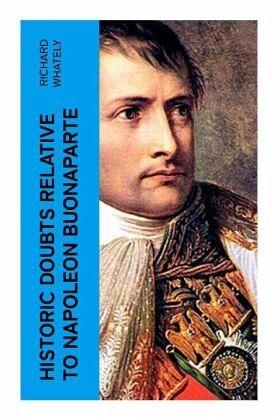
Historic Doubts Relative To Napoleon Buonaparte
Versandkostenfrei!
Versandfertig in 6-10 Tagen
8,00 €
inkl. MwSt.
Weitere Ausgaben:

PAYBACK Punkte
0 °P sammeln!
In "Historic Doubts Relative To Napoleon Buonaparte," Richard Whately presents a provocative critique of the historical narratives surrounding one of history's most enigmatic figures, Napoleon Bonaparte. Utilizing a blend of philosophical inquiry and rhetorical questioning, Whately dissects the reliability of historical sources, urging readers to consider the biases and motives of those who documented Napoleon's life. His eloquent prose and logical structure challenge prevailing perceptions of Napoleon, positioning the work within the broader context of 19th-century historiography, which incre...
In "Historic Doubts Relative To Napoleon Buonaparte," Richard Whately presents a provocative critique of the historical narratives surrounding one of history's most enigmatic figures, Napoleon Bonaparte. Utilizing a blend of philosophical inquiry and rhetorical questioning, Whately dissects the reliability of historical sources, urging readers to consider the biases and motives of those who documented Napoleon's life. His eloquent prose and logical structure challenge prevailing perceptions of Napoleon, positioning the work within the broader context of 19th-century historiography, which increasingly questioned established narratives and sought to understand history through a critical lens. Richard Whately (1787-1863), an influential figure in the realms of theology and philosophy, was a staunch advocate for rational thought and critical analysis. His background as an academic leader, particularly in his role as the Archdeacon of Dublin and later as the Archbishop of Dublin, provided him with a platform to assert his ideas on reason and skepticism. These experiences, combined with the socio-political upheavals of his time, likely inspired Whately to explore the authenticity of historical accounts, particularly concerning a leader as polarizing as Napoleon. "Historic Doubts Relative To Napoleon Buonaparte" is essential reading for anyone intrigued by the complexities of historical interpretation and the nature of authority in narrative. Whately's incisive examination invites readers to engage with history not as a monolithic truth but as a collection of interpretative views shaped by time and perspective.





